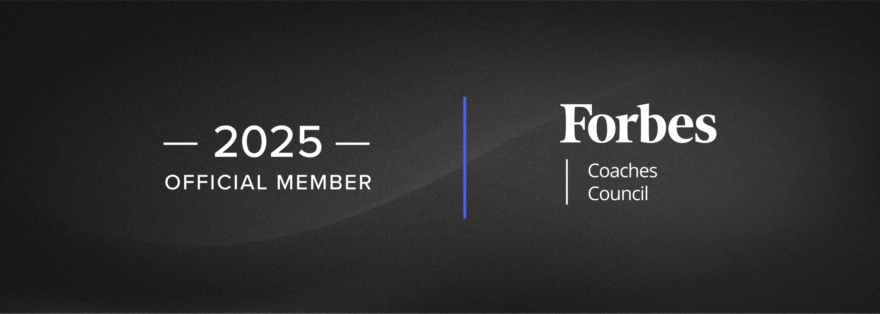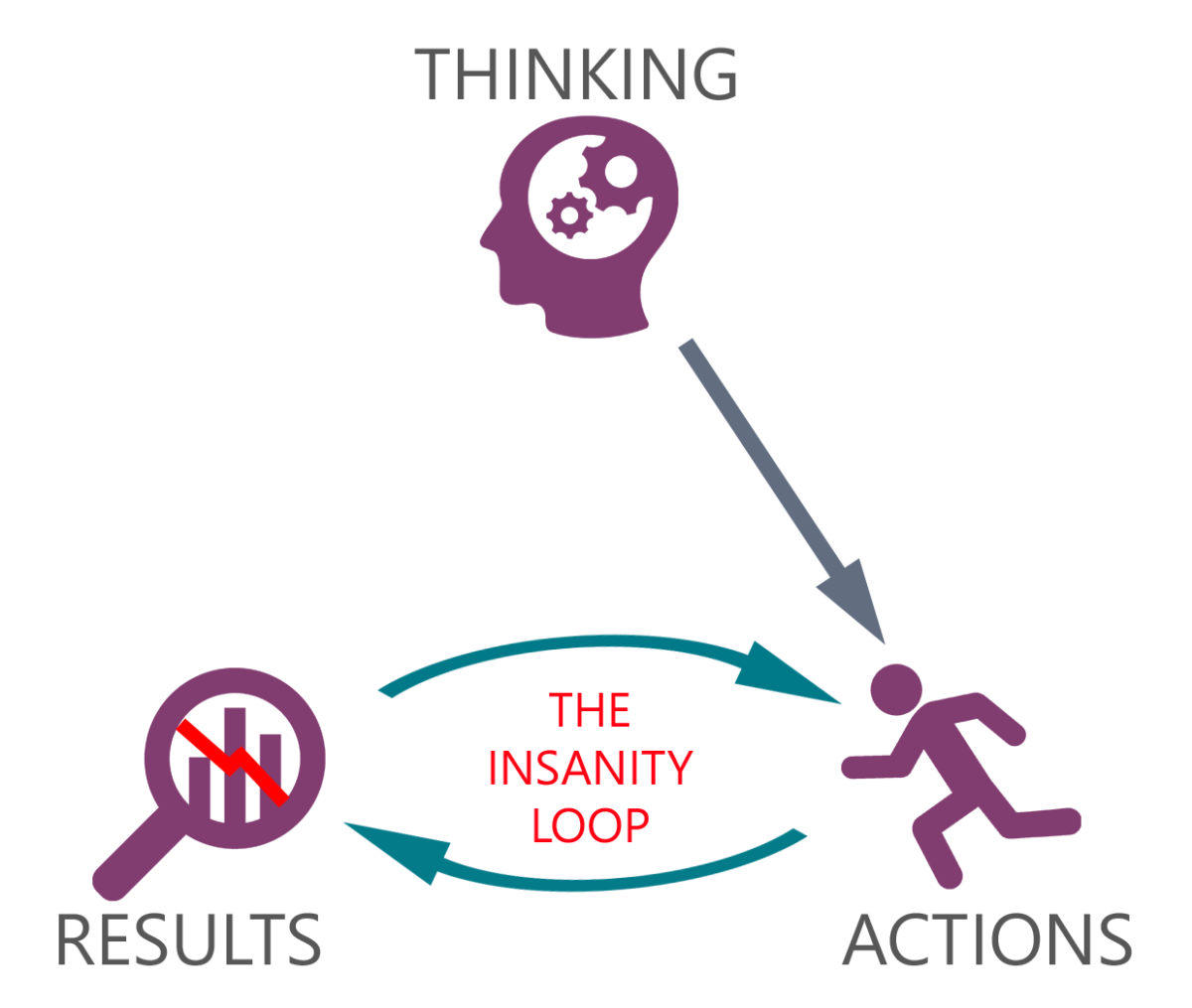Imagine spearheading a groundbreaking project, only to find yourself facing a massive roadblock: there’s no market for your product. For many leaders, the instinct is to salvage what already exists, but this often leads to cognitive tunnelling—a trap where focus narrows, creativity fades, and progress halts. This article dives into a real-world example where shifting the mindset from salvaging to reframing turned a seemingly doomed idea into an industry-changing solution.
Packed with practical exercises, this piece equips leaders with mindset-shifting tools to unlock breakthrough results by broadening perspectives. If you’re ready to see how a small shift in thinking can redefine the success of your toughest challenges, this article provides a proven roadmap. Whether you’re navigating market constraints, tight budgets, or innovation fatigue, the key to overcoming obstacles isn’t simply in doing more but in thinking differently.

Imagine you’re leading a high-profile project sponsored by the board of directors—a career-defining opportunity. You’re expected to turn a novel idea into a significant revenue stream for the business. But there’s a catch: You realise that the product you’re working on doesn’t have a market. What do you do?
This scenario may sound familiar to many leaders. You’re tasked with making the impossible possible, and when roadblocks emerge, it’s easy to get trapped in a cycle of overthinking. However, the key to breakthrough performance often lies not in finding a perfect solution but in reframing the problem itself.
The Challenge: When A Great Product Has No Market
We were running a leadership program with a 180-day business challenge built in. This enables leaders to apply their learning in real time to something meaningful. I worked with a team tasked with developing groundbreaking technology for dairy farmers. This technology could instantly measure the nutrient content in, let’s say, a less-than-glamorous material, helping farmers adjust feed mixes to optimise dairy yield.
The product came in two forms: a premium, state-of-the-art version with cutting-edge tech and a more affordable but still costly alternative. But there was a problem: Dairy farmers could already get similar data from feed manufacturers—for free. They’d just have to wait 48 hours for the result. This left the team facing what felt like an insurmountable challenge.
Cognitive Tunneling: The Silent Performance Killer
When the team presented the problem, they were visibly disheartened. Their entire focus was on how to explain to senior leaders that the project had hit a wall. They were caught in what psychologists call cognitive tunnelling—a mental state where you become so fixated on one issue that you can’t see alternatives.
The problem wasn’t just that the product wasn’t viable; it was that the team’s thinking was stuck in a loop of trying to salvage a seemingly doomed idea. This kind of tunnel vision often leads to catastrophising and an inability to see the bigger picture. For leaders, cognitive tunneling is a major barrier to creative problem-solving and breakthrough results.
The Mindset Shift: Redefining The Goal
I encouraged the team to step back and redefine the problem. Instead of fixating on why farmers wouldn’t pay for the technology, we asked: What if there’s a different way to deliver value?
Over the next 45 days, they explored the issue from different perspectives, speaking to people inside and outside the industry. The breakthrough came when they reframed the question: What if farmers didn’t have to buy the technology? What if they could lease it instead?

This small shift opened up an entirely new business model. Farmers could pay a small monthly fee for immediate access to the data, which would help them optimize their feed and boost their dairy yield. The company, in turn, would gather a massive data set from farms across the country, providing invaluable insights for the agricultural sector. What started with a project team being stuck evolved into a business with the potential to transform the industry.
Practical Takeaways: How Leaders Can Get Unstuck
Ask Different Questions
- What else could I possibly do?
- Who else might have faced this problem?
- What might [insert someone inspiring] do if they had this problem? (I use Batman, by the way.)
- If there were no constraints, how might I achieve this?
Break The Insanity Loop
Repeating the same actions and expecting different results is a common trap. Instead, recognise when your thinking is stuck in a loop and consciously shift to a different approach. This mindset shift can open doors you didn’t realise were there.

Use The Post-It Exercise
Here’s a simple technique to break free from limiting thoughts. Write down all your thoughts about the problem—both helpful and unhelpful—on separate Post-It notes. Then:
- Sort them into what’s in your control and what’s not.
- Discard anything outside your control (literally throw those notes away).
- Focus only on what’s within your control and categorise these thoughts into those moving you forward and those holding you back.
Get Creative
Once you’ve sorted your thoughts, focus on those holding you back and ask yourself:
- What have I done before that could help me now?
- What could help me most right now?
- What could be the most helpful thing to focus on?
- What could I learn from this situation?
- How could I make this work for me right now?
- What might be the best, most realistic outcome I can imagine?
The Power Of Reframing
The team I worked with didn’t just solve a problem—they transformed the business. By reframing their approach and asking different questions, they unlocked value that wasn’t visible at first. The same can happen to you. When faced with seemingly insurmountable challenges, it’s not about having all the answers but about asking the right questions.
Remember, what got you here won’t get you there. The key to breakthrough performance isn’t more tools or data—it’s thinking differently. You can drive the desired results by stepping back, getting creative and reframing the problem.
This article first appeared on Forbes.com on 1st November 2024
Ricky has been a regular contributor to the Forbes Councils since 2023, where he shares his perspectives on all things leadership, change, culture and productivity, all with Thinking Focus’ unique perspective on metacognition, or as we prefer to say, thinking about thinking.





